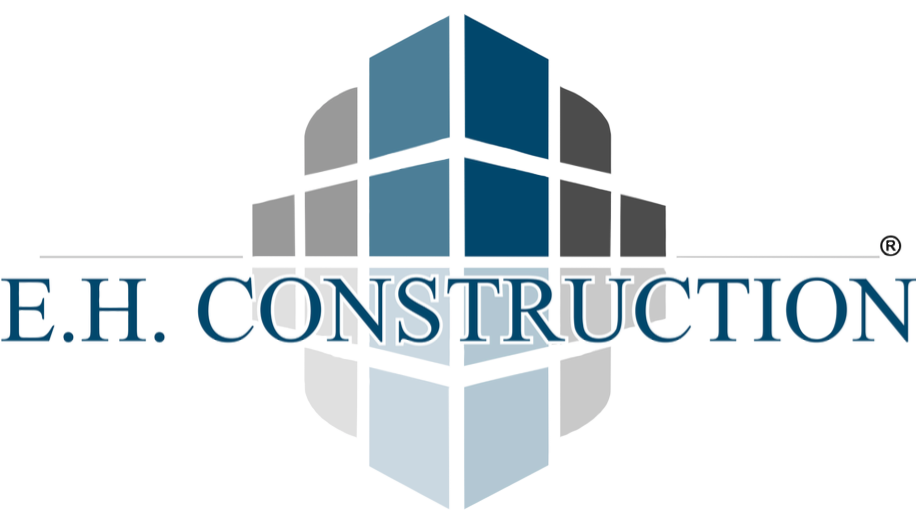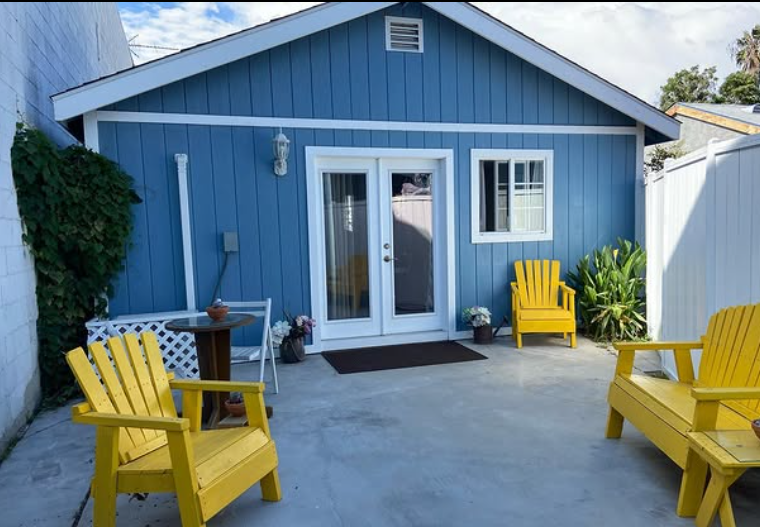What Is an ADU and Is It Right for You?
Have you ever thought, “I wish I had more space, but I don’t want to move”? Or maybe, “I could use some extra income without taking on another job.” Well, you might just be in the market for an Accessory Dwelling Unit—or as the cool kids call it, an ADU.
An ADU is a separate living space on the same property as your main home. It could be a backyard cottage, a garage conversion, or even an apartment over your garage. Sounds pretty great, right? But is it the right move for you? Let’s break it down in a way that won’t put you to sleep.
What Exactly Is an ADU?
An ADU is a self-contained residential unit that includes a kitchen, bathroom, and sleeping area—basically, a mini-home on your property. It can be:
🏡 Detached: A freestanding unit, like a tiny home or guest house.
🏡 Attached: An addition to your main house, like a basement apartment.
🏡 Garage Conversion: Transforming your garage into a living space (goodbye, storage clutter!).
🏡 Above-Garage or Over-the-Shop: Perfect for maximizing space without taking up more land.
These structures are fully functional, meaning they have plumbing, electricity, and all the comforts of a regular home—just on a smaller scale.
Why Are ADUs So Popular?
The rise of ADUs is no accident. They’re becoming a go-to solution for homeowners looking to add space, increase property value, or generate rental income. Here’s why they’re trending:
✔️ Affordable Housing Solution – ADUs are a great way to create more living spaces in cities with high housing costs. The cost to build a house is significantly higher than adding an ADU.
✔️ Rental Income – Who doesn’t want passive income? Renting out an ADU can help cover your mortgage or fund your next vacation.
✔️ Multi-Generational Living – Keep aging parents or adult children close but with their own space (because personal space is key to family harmony).
✔️ Increases Property Value – A well-built ADU can add major resale value to your home, making it attractive to future buyers.
✔️ Sustainable & Efficient – Many ADUs use green building practices and fit well with passive house principles, meaning lower utility costs.
What’s the Catch?
Not to be a buzzkill, but building an ADU does come with challenges.
🚧 Permits & Zoning: You’ll need to check local regulations. Some cities have restrictions on size, height, and occupancy. This is where working with a general contractor who understands blueprints and BIM (Building Information Modeling) can be a game-changer.
🚧 Construction Costs: While cheaper than building a full house, ADUs aren’t free. Budgeting for foundation, framing, flatwork, and ready-mix concrete is essential. If you're on an uphill lot with expansive soils, expect extra cost codes in your bid.
🚧 Utilities & Infrastructure: Adding a second living space means additional work on plumbing, electrical, and HVAC (forced air heating/cooling), which may require upgrades to your main home’s system.
🚧 Parking & Access: Depending on your area, parking requirements might be a factor. Some places waive these rules, but others don’t.
How Much Does It Cost to Build an ADU?
The cost to build a house varies, and so does the cost of an ADU. A small, simple unit might start around $50,000, while a high-end, custom-built ADU can exceed $300,000. Factors that impact cost include:
💰 Size & Design – More square footage = more materials = higher cost.
💰 Site Conditions – If your lot requires grading or is on a slope, that adds to costs.
💰 Materials – Going for fire-resistive siding, green board for moisture resistance, or glulam beams for high ceilings? Premium materials = premium price.
💰 Labor & Permits – Hiring experienced builders, securing permits, and covering change orders will all affect your final bill.
If you’re considering an ADU, getting bids from multiple construction companies is smart. A cost-plus contract might be worth looking into if you're uncertain about the final scope.
DIY vs. Hiring a Contractor
Thinking about going full construction worker and building an ADU yourself? It’s doable—but unless you have experience in building construction, it’s probably best to leave it to the professionals.
A licensed contractor will:
✔️ Handle permits and zoning laws.
✔️ Manage framing, flashing, footer (footing), and all the nitty-gritty details.
✔️ Use CAD (computer-aided design) and BIM to ensure accuracy.
✔️ Avoid costly mistakes that can derail your project.
Plus, having an expert on-site means you won’t have to Google “how to install felt (underlayment)” at 2 AM.
Is an ADU Right for You?
If you:
✅ Have space on your property
✅ Want extra income or guest space
✅ Don’t mind dealing with permits & construction
✅ Are looking for a smart investment
Then yes—an ADU could be a fantastic addition to your property!
If you:
❌ Have strict zoning laws in your area
❌ Don’t want construction in your backyard
❌ Prefer open space over extra buildings
Then an ADU might not be the best fit.
Final Thoughts
Adding an ADU is a big decision, but it’s one that can pay off in multiple ways—whether you’re looking for more space, a rental unit, or just a cool backyard getaway. If you’re serious about building one, working with a skilled general contractor or custom home builder will make the process smoother.
Want to know more about how an ADU can work for you? Reach out to a local construction company, check your zoning laws, and start planning your new backyard escape!
By the time you’re done, you’ll not only have an ADU, but you’ll also have some serious bragging rights as the smartest homeowner on the block. 🚧🏡

